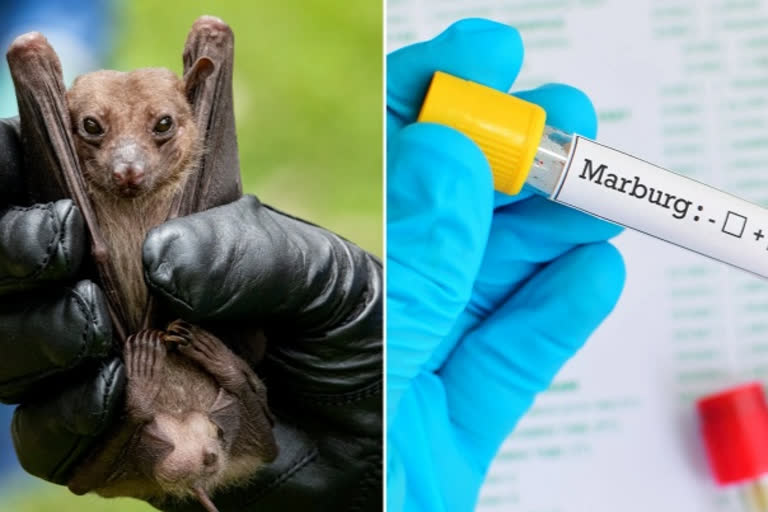Hyderabad: Marburg virus—discovered by virologists in Marburg following a 1976 outbreak in Marburg and Frankfurt, Germany, and in Belgrade, Serbia—is a member of the Filoviridae family and is as deadly as Ebola virus, also a member of Filoviridae. Marburg virus can be transmitted to humans from fruit bats and spread through human-to-human transmission.
In 2004, Angola, in central Africa, faced the largest known outbreak of Marburg virus disease, which had a 90% fatality rate, with 227 deaths among 252 infected people. In July 2022, after almost 18 years, two cases of Marburg virus disease were identified in the Ashanti region of Ghana, in west Africa.
According to WHO, the risk of this 2022 outbreak spreading is high at the national level and low at the global level. However, there is a risk that this outbreak will spread to other nations because the first reported patient with Marburg virus disease had traveled from Ghana's Western region (which borders Côte d'Ivoire) to the Ashanti region a few days before symptom onset. Like the Ebola virus, the Marburg virus spreads from human to human through the bodily fluids of infected people.
Thus, a patient's family members and health workers could become infected by treating the infected person. Because the incubation period of Marburg virus could be up to 3 weeks, increasing globalisation and international travel increase the risk of global spread, creating the potential for a pandemic and major public health threat given the high fatality rate of the disease.
Also read: Fight to end virus pandemic takes place on UN's sidelines
Concerningly, no specific vaccines or antiviral treatments are currently approved for Marburg virus disease. With no therapeutics and a high fatality rate, future outbreaks and a pandemic remain possible. Therefore, urgent consideration of Marburg virus disease and ways in which to prevent a pandemic due to this virus is essential. Vaccines against Marburg virus need to be developed, and antivirals specific to the virus need to be produced. Governments of all countries should ensure the availability of therapeutics for Marburg virus disease for their citizens.
Most importantly, measures should be taken immediately to prevent further transmission in the three regions of Ghana (Ashanti, Savannah, and Western regions) in which contacts of the two confirmed cases have been identified. Preventing transmission of the virus in these affected areas of Ghana can limit the risk of global spread.
Additionally, it would be beneficial to initiate programmes worldwide, through mass media and social media, to increase awareness among the general population regarding Marburg virus disease and the associated risks of bat-to-human and human-to-human transmission. Raising concern early among people worldwide is essential to preventing a future outbreak and possible pandemic of Marburg virus disease. (Lancet)



